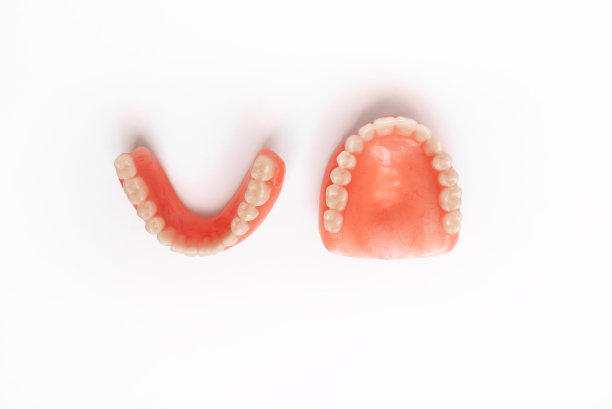Exploring the Lifelong Benefits and Advanced Techniques of Dental Implants for Lasting Oral Health and Aesthetic Appeal
Summary: Dental implants have revolutionized the field of dentistry, offering a durable and aesthetically pleasing solution for missing teeth. This article delves into the lifelong benefits of dental implants, including enhanced oral health, effective advanced techniques in implantation, psychological benefits and aesthetic improvements, as well as the long-term cost-effectiveness. Each aspect provides insight into how dental implants can contribute significantly to ones quality of life. Ultimately, by understanding the comprehensive advantages and innovations surrounding dental implants, individuals can make informed decisions regarding their oral health that extend well beyond the chair of a dentist.
1. Enhancing Oral Health Through Implants

Dental implants play a crucial role in enhancing oral health. Unlike traditional dentures, they offer a permanent solution that effectively integrates with the jawbone, replacing the root of a missing tooth. This integration, known as osseointegration, helps maintain the bone structure and prevents bone loss, which is a common consequence of missing teeth.
Furthermore, dental implants do not impact adjacent teeth, as bridges might do. They allow for preserving the integrity of surrounding teeth, ensuring that they remain healthy and stable. This preservation of teeth is crucial for maintaining proper alignment and bite, which ultimately supports overall oral functionality.
The upkeep of dental implants can be simpler than that of traditional dentures. Patients can maintain their oral hygiene routines with regular brushing and flossing, reducing the risk of gum disease and other dental issues. Thus, dental implants provide not only a solution for replacements but also enhance the overall health of the dental environment.
2. Advanced Techniques for Implants
Technological advancements have significantly transformed the techniques used in dental implants. One notable innovation is the use of 3D imaging and guided surgery, which allows for precise placement of the implant post. These advancements contribute to improved outcomes and decreased recovery times for patients.
Another effective technique is the use of immediate loading implants, where the prosthetic crown is placed on the implant on the same day as surgery. This technique caters to those who wish to quickly regain their aesthetic appeal and functionality, minimizing the waiting period traditionally associated with implant surgeries.
Furthermore, advancements in biomaterials used for implants—such as titanium and ceramic—have led to stronger and more aesthetic options. These materials enhance the compatibility of the implants with the human body, reduce the chances of rejection, and increase the longevity of the implants, making them a viable long-term solution.
3. Psychological Benefits of Having Implants
The psychological benefits of dental implants are often overlooked but can be profound. Missing teeth can lead to a decrease in self-esteem, causing individuals to shy away from social situations or feel embarrassed about their smile. Dental implants restore not just functionality but also confidence.
Research indicates that individuals with dental implants tend to report higher satisfaction levels regarding their appearance and overall quality of life. The ability to smile, speak, and eat without discomfort contributes significantly to an individual’s mental well-being, allowing them to live fully without the limitations imposed by missing teeth.
The comfort provided by implants also plays a role in psychological health. Patients no longer need to worry about ill-fitting dentures that can slip out of place or cause discomfort. This peace of mind can reduce anxiety related to social interactions and lead to more fulfilling relationships.
4. Long-Term Cost-Effectiveness of Implants
While the initial cost of dental implants may be higher than other tooth replacement options, they are highly cost-effective in the long run. Due to their durability and low annual maintenance costs, implants can ultimately save individuals money over time.
Traditional dentures and bridges may require frequent replacements and adjustments, leading to recurring expenses. In contrast, dental implants, when properly cared for, can last a lifetime with minimal intervention, offering significant savings over time.
Moreover, dental implants support the overall health of an individual, potentially reducing the risk of health complications associated with poor oral health. This preventive approach not only aids in oral health but can also contribute to fewer medical expenses, making dental implants a wise investment in one’s long-term health.
Summary:
Dental implants offer numerous benefits that extend well beyond immediate aesthetics or functionality; they enhance oral health, introduce advanced techniques for their placement, improve psychological well-being, and present a long-term cost-effective solution. Understanding these aspects can empower individuals to make informed choices regarding their dental care.
This article is compiled by Vickong Dental and the content is for reference only.


